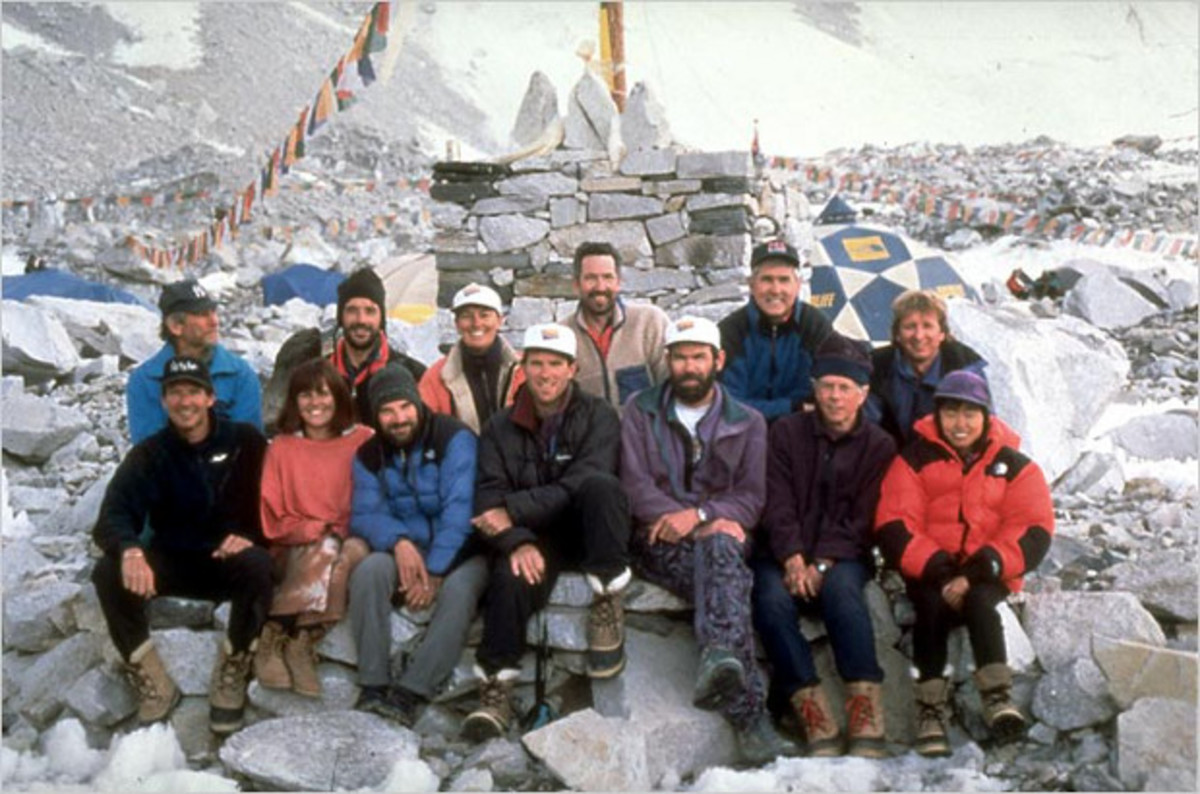
Fisher died, but the rest of his group returned.

Four members of Hall’s group died, including a guide, Andy Harris, his clients Doug Hansen and Yasuko Namba, and Hall himself.

“Everest” tells the stories of two commercial operations that summited on May 10th: Adventure Consultants, led by Rob Hall, and Mountain Madness, led by Scott Fischer. Scott wrote that the film, directed by Baltasar Kormákur, “feels strangely abstract, lacking the gravity of genuine tragedy.”) In the midst of the film’s expensively produced spectacle, the gradual loss of a will to live-a subjective experience by nature-resists being rendered onscreen. The real Hall was caught in an impossible bind, but the material conditions of his situation don’t feel amenable to dramatization. It’s the most overtly emotive of the movie’s many deaths, and yet the moment still lands strangely. But with his oxygen regulator blocked by ice, and his hands and feet freezing into uselessness, he dies on the slopes.Īccurate though it may be, it’s an odd experience to watch the protagonist of a large-scale disaster movie electively lapse into deadly inaction. In a moment likely adapted from transcripts of radio exchanges that occurred that weekend, Hall’s team at Base Camp patches him through to his pregnant wife in New Zealand, who desperately encourages him to keep moving. The mountaineer Rob Hall (played by Jason Clarke) is trapped overnight near the summit in violent weather, and he is unable to descend the following day.

In the new movie “Everest,” which is about an expedition on that mountain in 1996, the most poignant of the five deaths portrayed onscreen is one that hews carefully to real events.


 0 kommentar(er)
0 kommentar(er)
